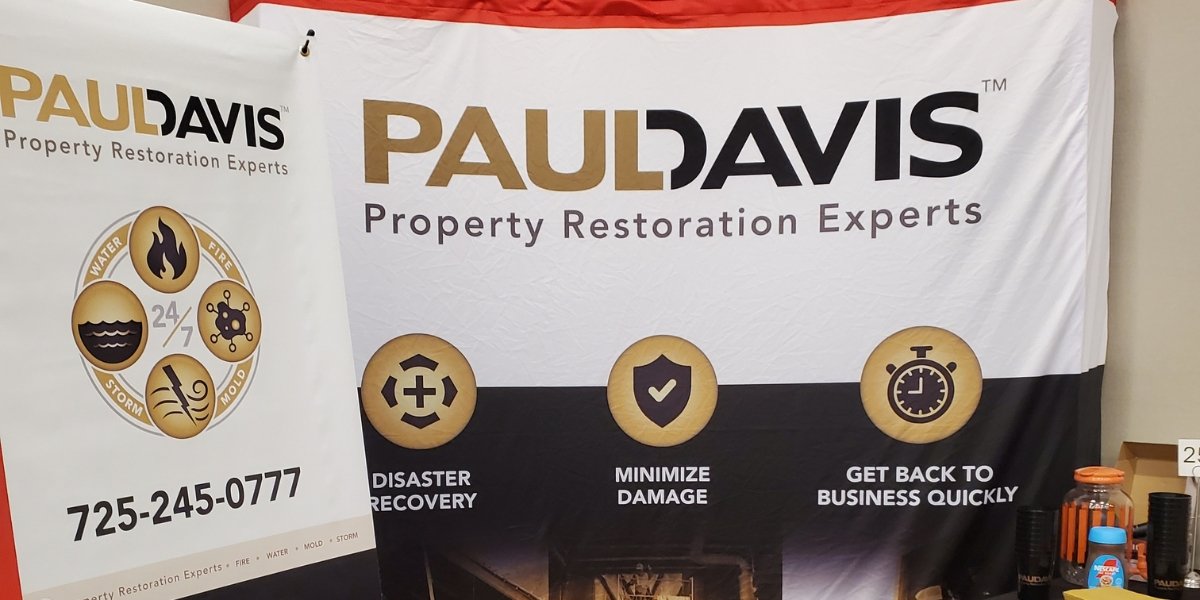By: Taylor Graveline
We’re taught a lot in school, but with limited time and curriculum constraints, there’s a lot we’re expected to pick up in the real world through trial, error, and experience. One such area is investing—an essential skill for building long-term wealth that often goes overlooked in traditional education.
In 2023, the Bureau of Labor Statistics reported there were approximately 321,000 personal financial advisors working across the United States. However, only a fraction of these professionals are certified financial fiduciaries, with just under 81,000 nationwide as of last year. As the financial landscape grows more complex, advisors and individuals alike are seeking knowledge that goes beyond the basics taught in school.
For those looking to level up their financial understanding or stand out in a crowded advisory field, Chad Willardson, Founder of Pacific Capital, Certified Financial Fiduciary® (CF2), and author, shares investing insights often not taught in college. His advice, based on real-world experience, encourages long-term thinking, emotional intelligence, and strategic discipline. Here are three of Willardson’s most impactful lessons.
1. Behavior Trumps Market Timing
One of the core principles Chad emphasizes is the importance of investor behavior over trying to perfectly time the market. “Your reactions to market fluctuations impact your returns more than the market itself,” Willardson explains in a recent LinkedIn post. Instead of making impulsive decisions during volatile markets, he advocates for developing a disciplined investment strategy—and sticking to it regardless of market conditions.
This aligns with findings from Dalbar’s 2023 Quantitative Analysis of Investor Behavior, which revealed that the average equity fund investor earned significantly lower returns than the S&P 500 over a 30-year period, largely due to poor timing and emotional decision-making. Investors who pulled out during downturns and re-entered too late consistently underperformed.
2. The True Cost of Waiting to Invest
Another tip that strikes a chord with many young professionals is the hidden danger of procrastination. According to Willardson, “Delaying investment can significantly impact long-term wealth due to lost compounding opportunities.” His advice is simple: Start investing early—even if it’s a small amount.
To put this into perspective, consider the following. Hypothetically, if a 25-year-old invests $200 monthly with an average 8% return, they’ll have roughly $587,000 by age 65. If they wait until 35 to start the same plan, they’ll end up with just $260,000. That’s more than a $300,000 difference, all due to time.
The power of compounding is often referred to as one of the important concepts in finance, and it’s something Albert Einstein reportedly called the “eighth wonder of the world.” Willardson echoes this sentiment with his reminder, “Compound interest loves time, not timing.”
3. Financial Freedom Requires Clarity and Discipline
While flashy trends and market tips often grab attention, the foundation of true financial independence lies in consistency. “Achieving financial independence demands clear goals and consistent, disciplined actions,” says Willardson. He recommends developing a personal financial plan and revisiting it regularly to stay on track.
According to a study by Charles Schwab, individuals with a written financial plan are 68% more likely to feel financially stable and 2.5 times more likely to save enough for retirement. Despite this, only about one-third of Americans actually have a written financial plan, highlighting a major gap between intention and execution.
For advisors working with clients—or anyone managing their own finances—clarity, goal-setting, and routine reviews are essential. As Willardson puts it, “Financial clarity gives you the freedom to make decisions based on values, not fear.”
Whether you’re just beginning your financial journey or helping others along theirs, investing isn’t just about knowing the numbers—it’s about managing your mindset and staying the course. By embracing the lessons not taught in college, like those Chad Willardson shares, you can build a more resilient, strategic, and ultimately successful approach to wealth-building.
As Willardson reminds us, “Think in decades, not days.”
Chad Willardson is the Founder and President of Pacific Capital, a fiduciary wealth advisory firm. He is also the Founder of ELEVATED, a coaching program helping entrepreneurs achieve financial and lifestyle freedom, and a five-time best-selling author.
Disclaimer: The information provided in this article is for educational purposes only and should not be construed as financial advice. Always consult with a qualified financial advisor before making investment decisions.
Published by Joseph T.







